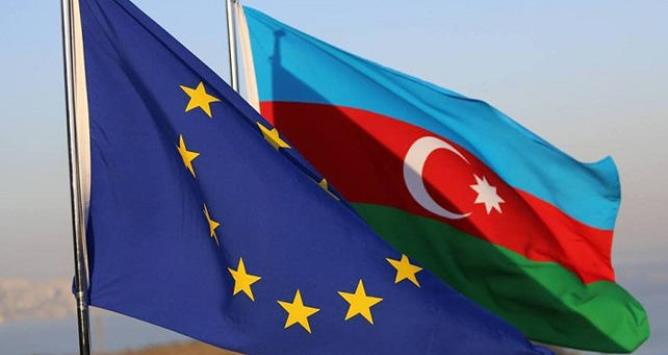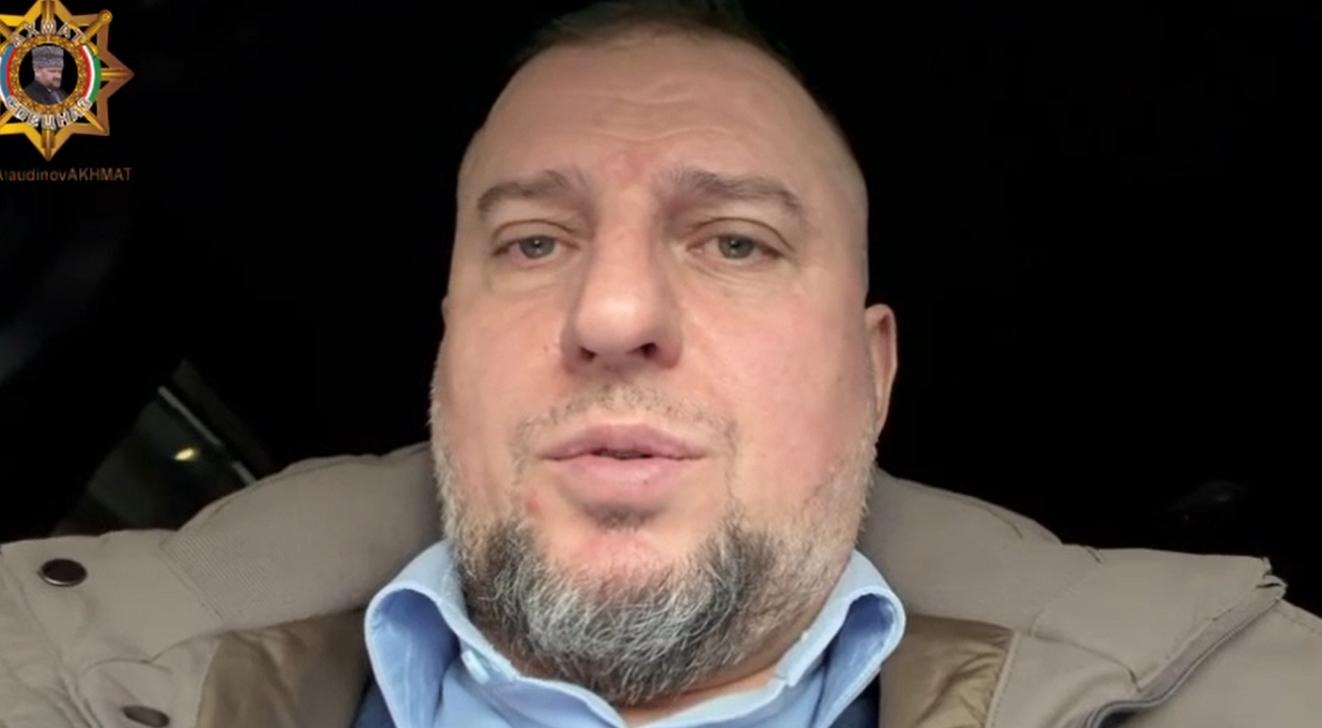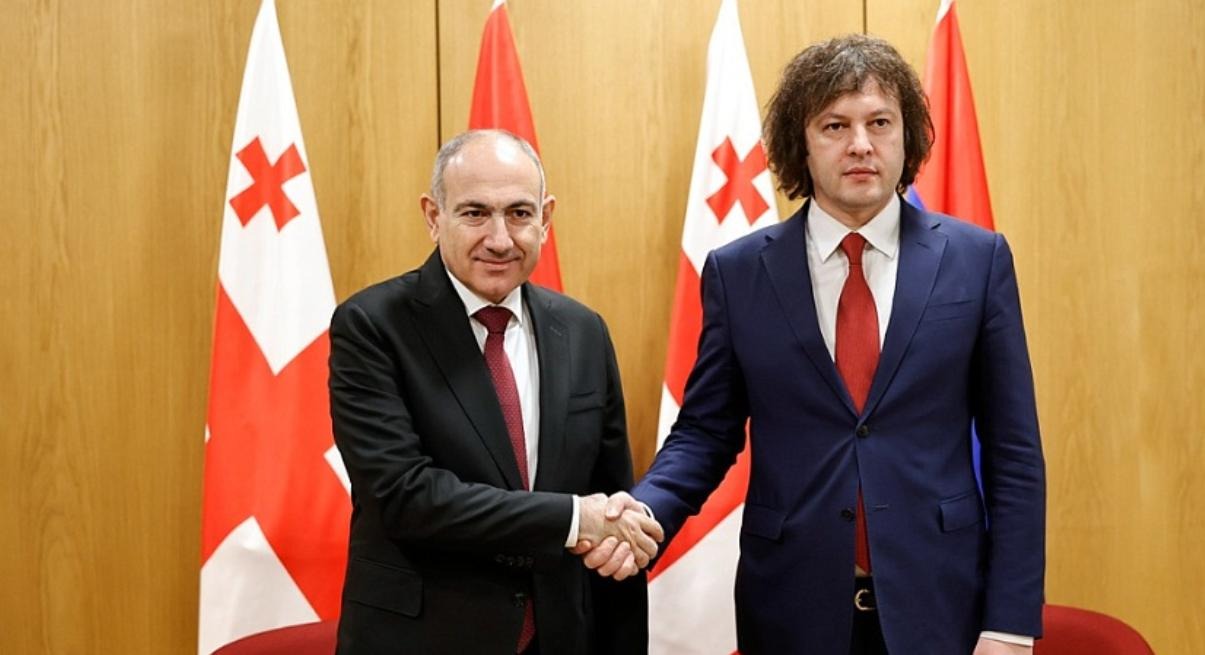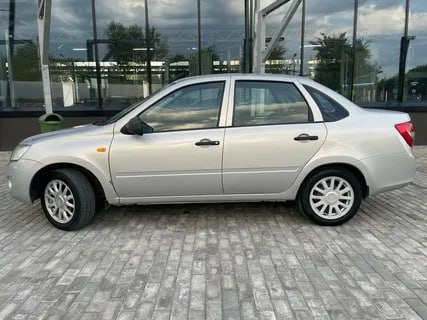According to the Council of Europe, Azerbaijan ranks first in Europe for the number of journalists arrested and convicted. At the end of 2025, the country had 36 such journalists—out of a total of 148 across the continent. Russia accounts for 32 repressed media workers, Armenia for two, and Georgia for one.
Under the sanctions that the West is increasingly imposing on Russia, the Kremlin is increasingly offering Georgia its friendship. And if the Georgian opposition indignantly rejects these offers, then the ruling party, like a pragmatic girl, is trying to sit on two chairs: on the one hand, it is striving to join Europe, on the other, it does not want to spoil relations with its rich and pugnacious neighbor.
A new alma mater, or cheese in a mousetrap
Russia's advances to Georgia were not limited to the introduction of a visa-free regime and the resumption of air traffic. Now Russia has become interested in the education system of a country that has not yet forgotten the 2008 war. On July 15, the head of the pro-Kremlin Russian-Georgian Public Center named after Yevgeny Primakov, Dmitry Lortkipanidze, announced that a Georgian-Russian university would be created in Tbilisi. "We are looking for a suitable location for this educational institution. Education at the university will be free – the Russian Federation will cover the financing costs. This will be a unique university, which will be fully staffed by the Russian side,” he told the publication “Georgia and the World.” The director of the Primakov Center did not hide the fact that the university is only the beginning of cooperation. “In September, we are planning another visit to the Russian Federation and expect new interesting initiatives from the Russian side. The process of reviving relations is underway,” he promised.
Lortkipanidze’s statement initially went unnoticed, but a week later it was disseminated and outraged many in Georgia. The opening of the promised university in Tbilisi was seen as a new wave of Russian expansion and an attempt to expand the influence of the Kremlin’s policies and ideology. Experts asked a number of alarming questions. In particular, it is interesting to know how modern history will be taught at this university. The scandal has become so big that the Ministry of Education has issued a denial: "We state with full responsibility that the procedure related to the opening of such an educational institution is not carried out in the Georgian education system. The information disseminated in this regard is disinformation, designed to mislead the public with the purpose of deliberately discrediting our state and the education system." The ruling Georgian Dream did not even want to comment on the information about the university. "I don't think that we should give a television commentary, react to something that may never happen," said MP Nino Tsilosani. But this did not calm anyone down. "They also talked about resuming flights to Russia, about abolishing the visa regime for Georgian citizens, and the Georgian Dream denied all of this. Then everything was confirmed. The same thing is happening now. They want to restore the spirit of slavery in Georgia," said opposition MP Paatu Manjgaladze. By September, there was no more news about the opening of the university, but an announcement for applicants wishing to receive a free education in Russia appeared on the social networks of the Russian Interests Section at the Swiss Embassy in Georgia (Russia does not have its own embassy in Georgia because diplomatic relations between the two countries were severed due to the Russian-Georgian war of August 2008). “On September 1 of this year, a campaign will begin to recruit candidates for admission to Russian higher education institutions in the 2024/25 academic year at the expense of the federal budget of the Russian Federation. Citizens of Georgia, stateless persons and Russian compatriots permanently residing in Georgia can participate in the competition... To apply for training, you must register on the website of the state information system “Education in the Russian Federation”, fill out the form and send it for verification.”
Medvedev's Unlearned Lessons
"Russia has long been trying to use so-called soft power in Georgia," warns one of the leaders of the opposition "National Movement," former Minister of Education of Georgia Dmitry Shashkin. However, Russia is ready to act not only with carrots, as the former president, former hope of liberals, deputy chairman of the Russian Security Council Dmitry Medvedev stated in his characteristically rude manner.
"In 2008, we stopped the offensive on Tbilisi when we achieved the elimination of the threats that arose and security guarantees. But now the situation is being actively escalated again - apparently in order to create another hotbed of tension near our borders in addition to the Ukrainian flank. There is talk again about Georgia's possible admission to NATO. As if on cue, outbursts of Russophobia have begun in this country. We do not need a repeat of history-2008. We are still ready to solve problems at the negotiating table in the spirit of the UN Charter. But if our concerns take on real shape, we will not hesitate. In Abkhazia and South Ossetia, the idea of joining Russia is still popular. And it may well be realized." According to Medvedev, "it is much more comfortable for the majority of Georgians to live with our state in peace. Russia is nearby, America is across the ocean. For Georgia, a country with a rich culture, connected to Russia by thousands of threads, Russophobia is nonsense, ugliness, a serious illness. Fortunately, it is quite curable." This is how he concludes his extensive article "Unlearned Lessons", published on August 23 this year by "Arguments and Facts". In response, the ruling party of Georgia made it clear that it does not approve of such speeches: "Any statements that speak of encroachments on our territorial integrity are unacceptable. We will restore it peacefully, and we will restore relations with the people living in the torn-away territories. This is our clear message to our Abkhaz and Ossetian brothers and sisters. No statement from the occupying country or anyone else will shake our resolve," Georgian Dream representative Rati Ionatamishvili assures those who doubt.
The Georgian opposition, for its part, believes that Medvedev's statements are a call for the Georgian authorities to return to the "common home." "These are not threats, they are simply a statement that today it is time for both sides to take off their masks and declare to the entire civilized world that Georgia is in Russia's orbit... under the influence of Russian policy," says Zaza Gogava from the National Movement.
Between Us, Freaks
Whatever goals Dmitry Medvedev pursues, Georgian politicians use his statements to accuse opponents of flirting with Moscow on the one hand, and of destabilizing the situation on the other, which could lead to “Ukrainization,” that is, a military invasion by Russia. And Medvedev continues to add fuel to the fire.
“The current generation of Georgia is distinguished by pragmatism, this cannot go unnoticed. That is why we are developing relations with them, that is why we have allowed Georgian citizens to enter Russia without a visa, that is why planes have started flying,” he said in an interview with RT.
In his scandalous article, he also took aim at Mikheil Saakashvili, who was the president of Georgia during the events in South Ossetia, which, according to Medvedev, became a “trial balloon” for the West.
“You can’t bet on freaks,” writes the deputy head of the Security Council. - I am sure that 15 years ago there would have been no war if not for the irresponsible, criminal behavior of Saakashvili and those who supported him. A worthless chatterbox, he turned out to be an ideal "glove" for the West, in which, without leaving fingerprints, one can commit any abominations with impunity." Incidentally, similar accusations against Saakashvili were already heard quite recently - on the anniversary of the August war. While in prison, the former president of Georgia responded to his critics who believed that the war could have been avoided in 2008. To do this, the former president recalled, Georgia had to concede to Russia on 15 points, including "appointing their agents to head the security forces, as Putin directly asked"; not fight corruption, because Russian influence in Georgia was mainly based on it; not carry out any reforms; not move towards the European Union and NATO; not to create a Georgian army and military production and not to abandon Russian energy schemes.
The latest Chinese warning
The rapprochement between the Georgian government and the Russian one is also worrying the international community. And by warning their partners in Tbilisi, Western diplomats are also hitting a sore spot in South Ossetia. Thus, after the signing of a joint statement between Georgia and China on strategic partnership and deepening bilateral relations on July 31, US Ambassador to Georgia Kelly Degnan called on Tbilisi to be cautious about political commitments to China.
"The signed joint statement is quite loaded with political commitments that Georgia has undertaken," the diplomat believes. "Georgia has expressed clear support for the territorial integrity and sovereignty of China. But I have not seen a reciprocal promise from the People's Republic of China on the sovereignty and territorial integrity of Georgia."
Kelly Degnan recalled that 20% of Georgia's territory is occupied by a state that has close relations with China, and expressed doubt that Beijing is the partner that Georgia needs, which is striving to join the European Union.
Investors against their will
On August 29, members of the Euro-Optimists political group introduced a bill to the Georgian parliament on a temporary – until the end of 2024 – suspension of issuing investment and short-term residence permits to Russian citizens. As one of the authors of the legislative initiative, Roman Gotsiridze, explained, the bill is related to the difficult socio-economic situation in Georgia and is aimed at protecting Georgians who are suffering from rising prices for rent and purchase of housing due to the influx of Russians fleeing mobilization.
"In this regard, there has recently been a massive outflow of Georgian citizens from the country. At the same time, many Russian citizens are moving here, most of whom have significant financial resources. From 2022 to June 2023, Russian citizens alone bought up to 10 thousand apartments in Georgia. This shows that they are set on long-term residence in the country. They create companies and, in addition to apartments, acquire other types of real estate, which later become a legal basis for obtaining a residence permit. At the same time, real estate prices have increased significantly, which makes it difficult for Georgian citizens to buy or rent apartments,” the MP emphasized.
“Golden” passports in Georgia can now be obtained by investing in the economy or purchasing real estate worth more than 300 thousand US dollars. In May, Roman Gotsiridze and his colleague from the “Eurooptimists” Khatia Dekanoidze already proposed simply banning Russians from buying real estate in Georgia, but their bill was not even considered. Nevertheless, Georgian President Salome Zurabishvili also spoke out against granting citizenship to investors who came from Russia.
Meanwhile, the reverse process has begun in Georgia – there is an outflow of Russians who arrived en masse a year ago. According to the Georgian Ministry of Internal Affairs, there are now fewer people arriving from Russia than leaving the country. According to the department, monetary transactions have also decreased.



